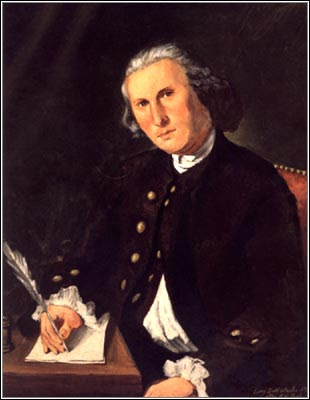
A delegate to the First and Second Continental Congress, he signed the Declaration of Independence and was appointed by President Washington as a Justice on the U.S. Supreme Court.
Samuel Chase was born April 17, 1741, the son of Anglican clergyman Rev. Thomas Chase, and was home-schooled till age 18.
He traveled to Annapolis, Maryland, studied law and was admitted to the bar in 1761.
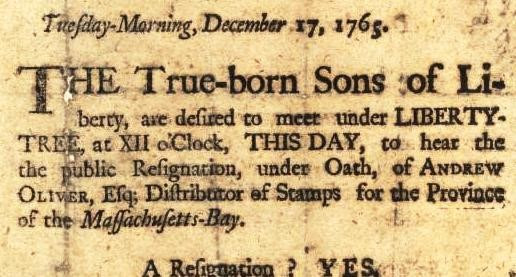
In 1764, Samuel Chase was elected to the Maryland General Assembly.
With a reputation as a firebrand, he founded a Maryland chapter of the Sons of Liberty to protest The Stamp Act of 1765 and the British Government's usurpation of citizen's rights.
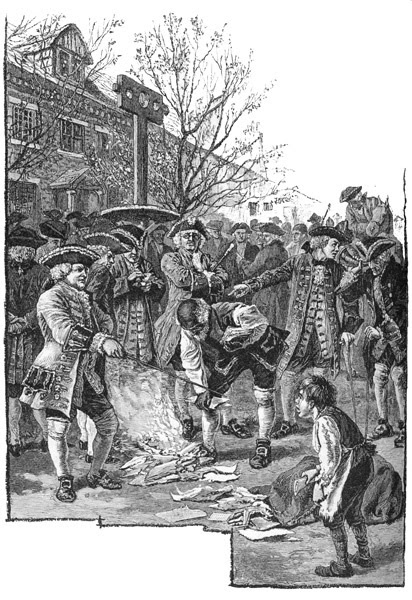
He joined other patriots in forcibly opening the public tax offices in Annapolis, where they seized
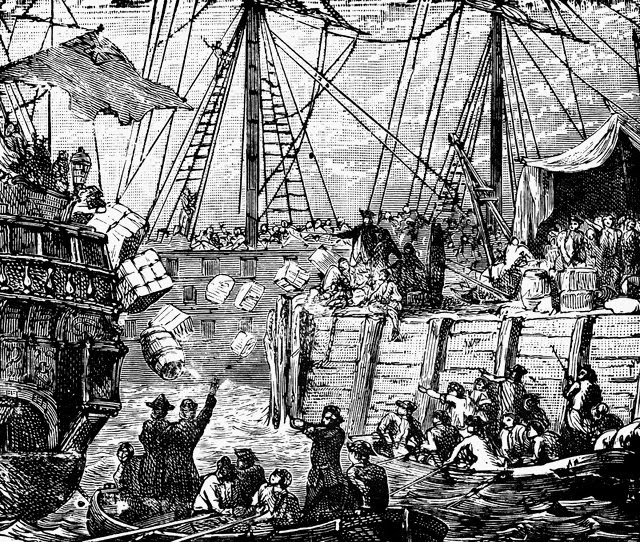
 In 1774, when Britain closed Boston's harbor to punish the Tea Party colonists, Samuel Chase and four other Marylanders were appointed delegates to the Continental Congress for:
In 1774, when Britain closed Boston's harbor to punish the Tea Party colonists, Samuel Chase and four other Marylanders were appointed delegates to the Continental Congress for:

"... agreeing on a general plan of conduct, operating on the commercial connection of the colonies with the mother country, for the relief of Boston and preservation of American liberty."
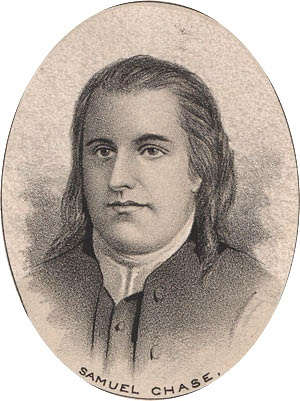
Chase served on dozens of Continental Congress committees.
In the spring of 1776, he traveled to Canada with Ben Franklin, Charles Carroll and Rev. John Carroll in an unsuccessful attempt to persuade Canadians to join in the Revolution.

Samuel Chase, more than any other, was responsible for persuading Maryland to vote for independence.

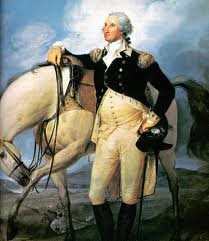
Samuel Chase joined those staunchly supporting Washington.
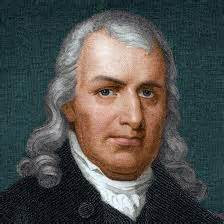
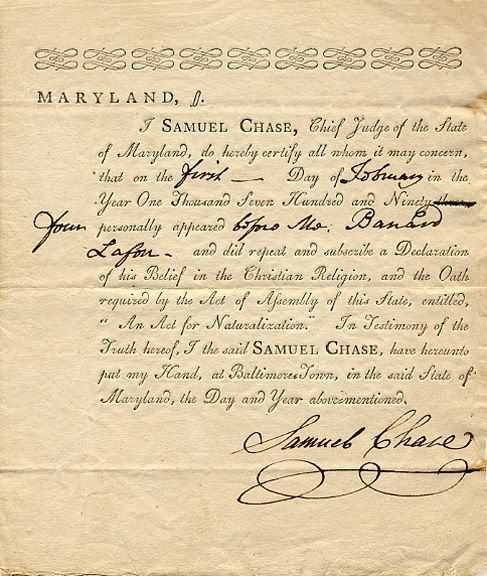
In a letter he signed "Caution," (Maryland Journal, October 12, 1787), Samuel Chase warned of the rush to adopt the Constitution:
"Suspicion should take the alarm ...
Questions of consequence ... ought not to be hastily decided ...
The decision, for or against the plan ... involves no less than the happiness or miser of you and all your posterity forever."
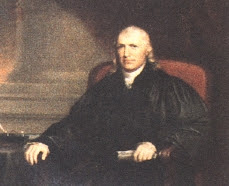
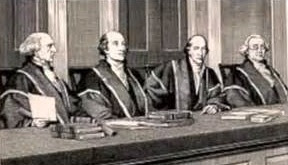
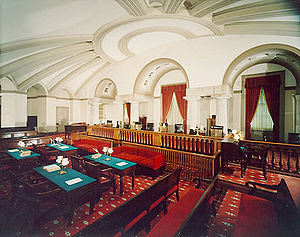
A controversial personality, Samuel Chase had articles of impeachment filed against him in 1804, but he was acquitted of all charges.
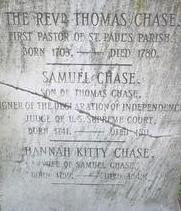
Chase was one of the most influential Justices on the early Supreme Court, following Chief Justice John Marshall.
He served on the U.S. Supreme Court till his death, JUNE 19, 1811.
As was the practice at the time, U.S. Supreme Court Justices also served on lower courts.
The Massachusetts Court of Appeals, which was Maryland's Supreme Court, heard the case of M'Creey's Lessee v. Allender, 4 H. & Mett. 259, 1799.
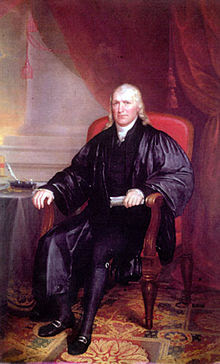
"Thomas M'Creery, in order to become ... naturalized according to the Act of Assembly ... on the 30th of September, 1795,
took the oath ... before the Honorable Samuel Chase, Esquire, then being the Chief Judge of the State of Maryland ... and did then and there receive from the said Chief Judge, a certificate thereof ...
... 'Maryland; I, Samuel Chase, Chief Judge of the State of Maryland, do hereby certify all whom it may concern, that ... personally appeared before me Thomas M'Creery,
and did repeat and subscribe a declaration of his belief in the Christian Religion, and take the oath required by the Act of Assembly of this State, entitled, An Act for Naturalization.'"

"Religion is of general and public concern, and on its support depend, in great measure, the peace and good order of government, the safety and happiness of the people.
By our form of government, the Christian religion is the established religion;
and all sects and denominations of Christians are placed upon the same equal footing, and are equally entitled to protection in their religious liberty."
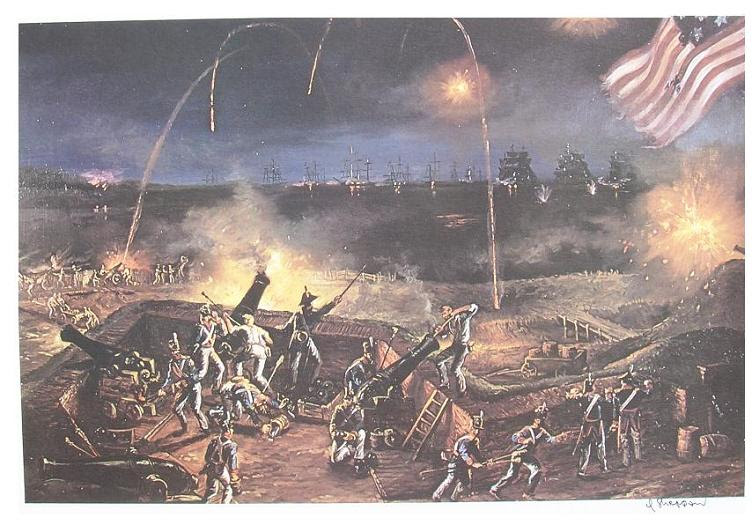
The Star-Spangled Banner was written while the British bombed the fort named for him -- Fort McHenry.

At the age of 19, McHenry apprenticed medicine under Dr. Benjamin Rush, a signer of the Declaration of Independence, who was seven year his senior.
At the age of 23, Dr. James McHenry served as a surgeon during the Revolutionary War.
He was taken prisoner by British when General William Howe captured Fort Washington, New York.
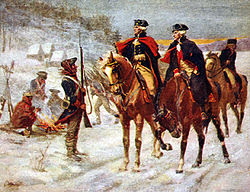
On September 24, 1780, McHenry was riding with General Washington and Major-General Lafayette to inspect the defenses of West Point.
A breakfast was planned that morning with the fort's commanding officer, General Benedict Arnold.
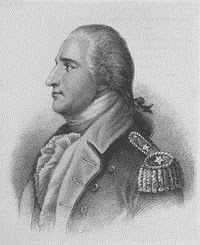
Being delayed, Washington sent McHenry ahead to give his apologies to Benedict Arnold.
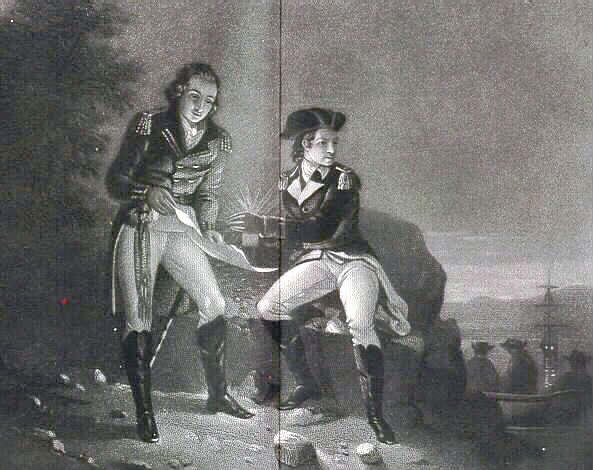
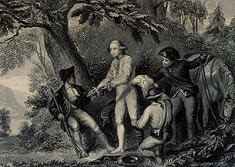
Providentially, Arnold's treasonous plot had been discovered when British spy John Andre was caught with a map of West Point hidden in his boot.
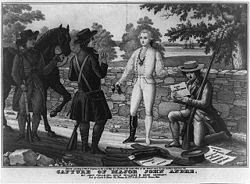
On May 8, 1783, Yale President Ezra Stiles stated:
"A providential miracle at the last minute detected the treacherous scheme of traitor Benedict Arnold, which would have delivered the American army, including George Washington himself, into the hands of the enemy."
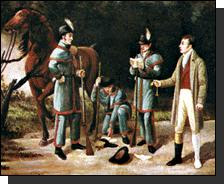
"In the late remarkable interposition of His watchful providence, in the rescuing the person of our Commander-in-Chief and the army from imminent dangers, at the moment when treason was ripened for execution."

He was at the Constitutional Convention and signed the U.S. Constitution.
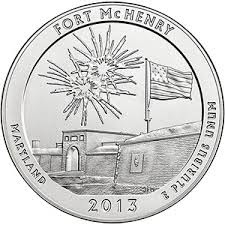
"I earnestly pray that the Omnipotent Being, who has not deserted the cause of America in the hour of its extremest hazard, may never yield so fair a heritage of freedom a prey to anarchy or despotism."
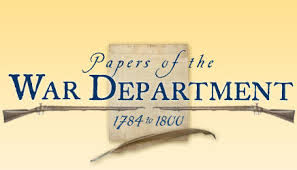
He served in that position under Presidents George Washington and John Adams.
He transitioned western military posts from Great Britain's control to the United States under the Jay Treaty.
He warned the Senate against reducing military forces.
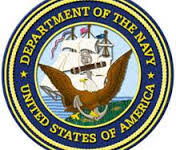
His March 8, 1798, recommendation was that the "War Department should be assisted by a commissioner of marine."
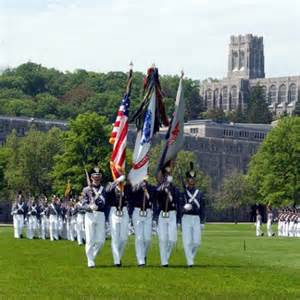
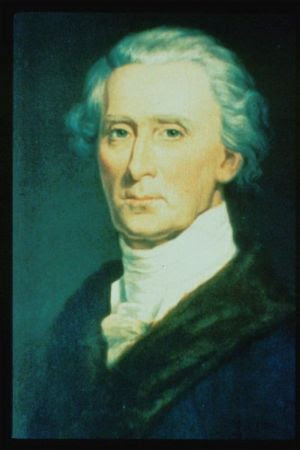
Charles Carroll, a Signer of the Declaration, wrote to James McHenry, November 4, 1800:
"Without morals a republic cannot subsist any length of time;
they therefore who are decrying the Christian religion, whose morality is so sublime and pure and which insures to the good eternal happiness, are undermining the solid foundation of morals, the best security for the duration of free governments."

"Neither ... let it be overlooked, that public utility pleads most forcibly for the general distribution of the Holy Scriptures.
The doctrine they preach, the obligations they impose, the punishment they threaten, the rewards they promise, the stamp and image of divinity they bear, which produces a conviction of their truths, can alone secure to society, order and peace, and to our courts of justice and constitutions of government, purity, stability and usefulness.
In vain, without the Bible, we increase penal laws and draw entrenchments (defensive trench) around our institutions.
Bibles are strong entrenchments. Where they abound, men cannot pursue wicked courses, and at the same time enjoy quiet conscience ..."

"Consider also, the rich do not possess aught more precious than their Bible, and that the poor cannot be presented by the rich with anything of greater value. Withhold it not from the poor.
It is a book of councils and directions, fitted to every situation in which man can be placed. It is an oracle which reveals to mortals the secrets of heavens and the hidden will of the Almighty ..."

"It is an estate, whose title is guaranteed by Christ, whose delicious fruits ripen every season, survive the worm, and keep through eternity.
It is for the purpose of distributing this divine Book more effectually and extensively among the multitudes ... that your cooperation is most earnestly requested."

James McHenry died MAY 3, 1816.
His wife, Margaret "Peggy" McHenry, wrote of him:
"Here we come to the end of a life of a courteous, high-minded, keen-spirited, Christian gentleman.
He was not a great man, but participated in great events and great men loved him, while all men appreciated his goodness and purity of soul.
His highest titles to remembrance are that he was faithful to every duty and that he was the intimate and trusted friend of Lafayette, of Hamilton, and of Washington."
--
American Minute is a registered trademark of William J. Federer. Permission granted to forward, reprint, or duplicate.
